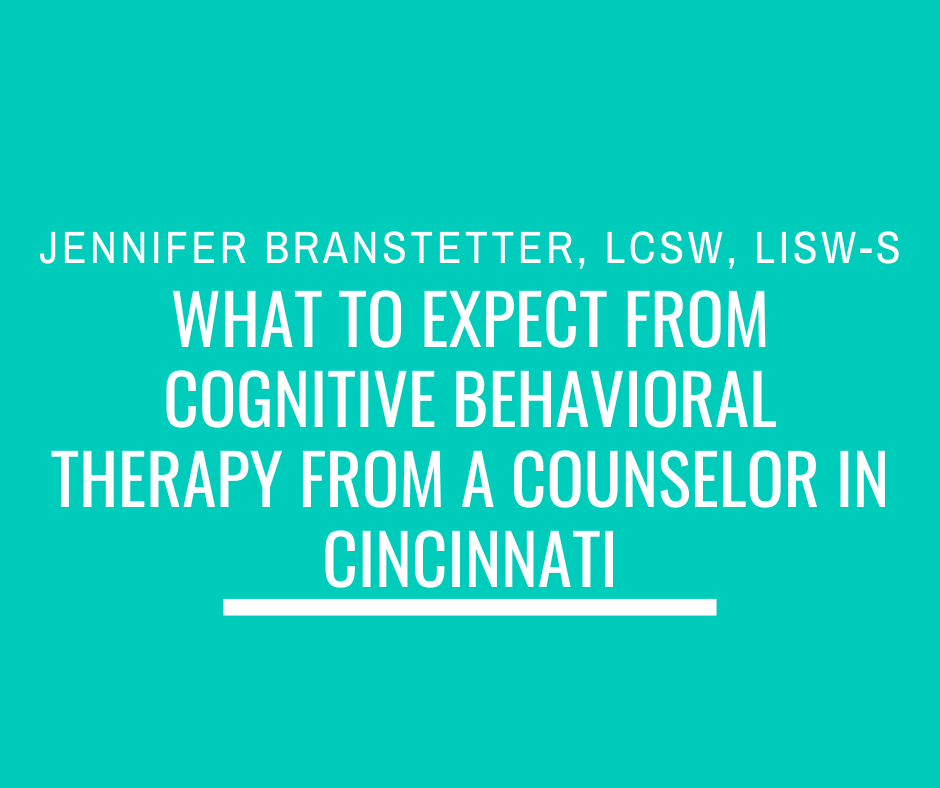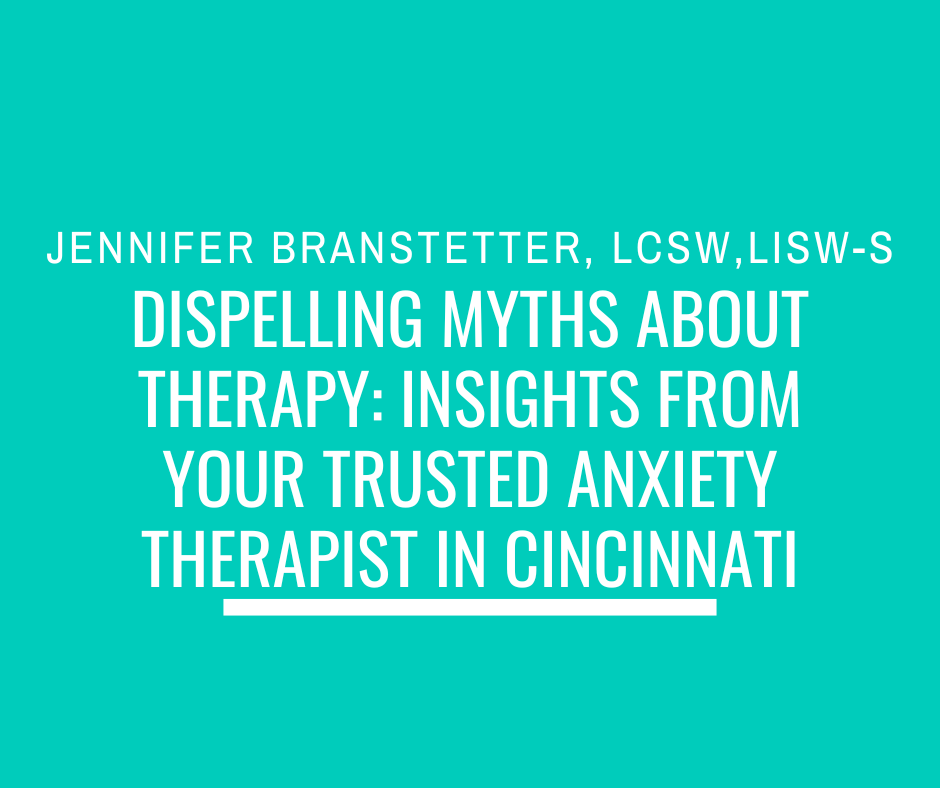Blog


Dispelling Myths About Therapy: Insights from Your Trusted Anxiety Therapist in Cincinnati
"Discover the truth behind common myths about therapy with insights from your trusted anxiety therapist in Cincinnati. Learn why anxiety therapy is essential, debunk misconceptions, and take control of your mental health journey. Explore evidence-based techniques and personalized support for overcoming anxiety. Schedule a session with an experienced anxiety therapist today!